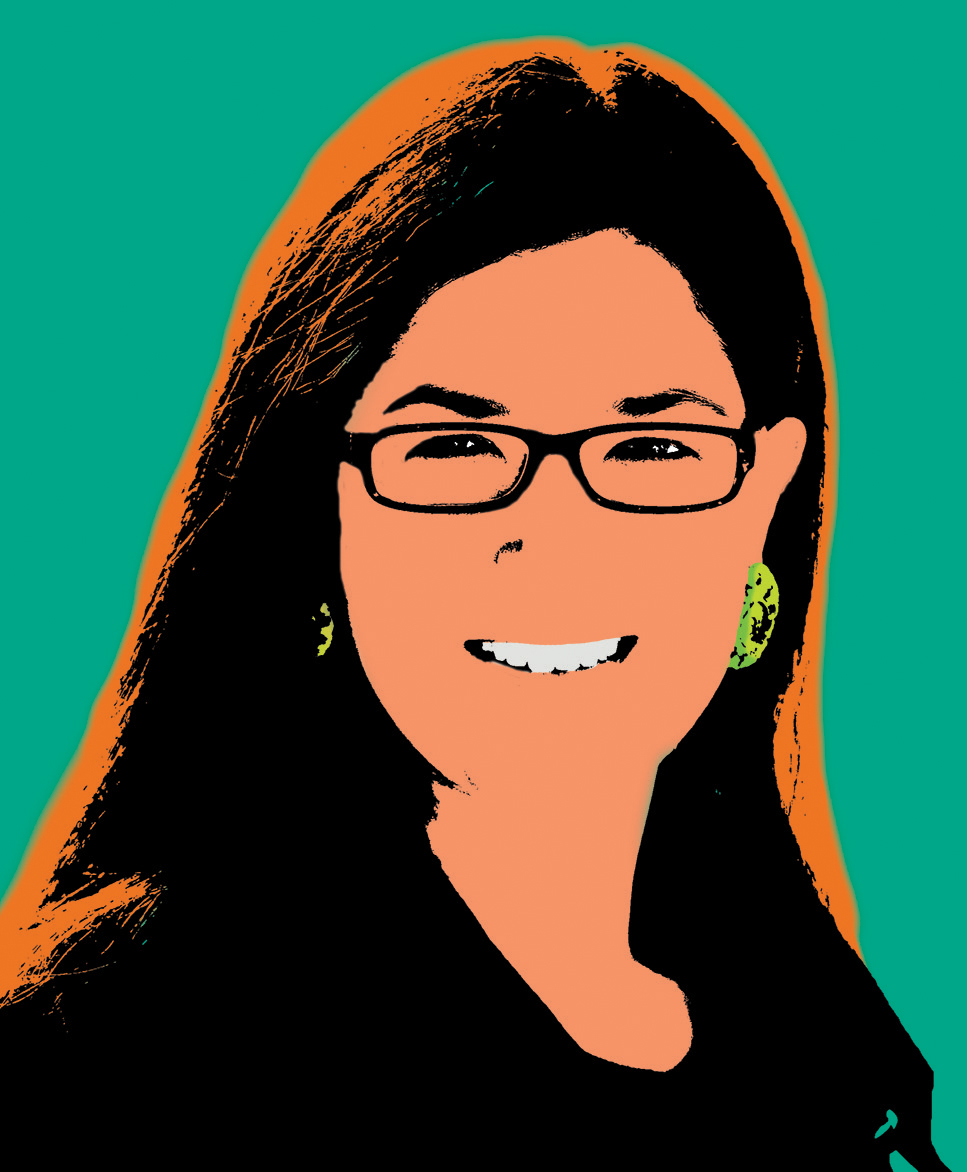Dr Terri-Leigh Aldred
Dr Aldred answers the Proust Questionnaire, telling us a bit about her life and what drives her.
 |
| Dr Terri-Leigh Aldred |
Where do you live?
Lheidli T'enneh traditional territory, whose colonial name is Prince George.
What profession might you have pursued, if not medicine?
Pharmacy was the program I was in before medicine, but looking back I think a career in the humanities would have suited me well.
Which talent would you most like to have?
To be able to sing.
What do you consider your greatest achievement?
It’s hard to pick. Graduating high school felt huge—the first generation in my family. Defying the odds to get into and complete an MD and not lose myself. My work as the site director for the Indigenous family medicine program, nurturing amazing people.
Who are your heroes?
My older brothers, who always looked out for me. My Indigenous ancestors, who have always walked with me and survived despite the odds. Authors like Maya Angelou, Brené Brown, and Gabor Maté.
What is your idea of perfect happiness?
I’m not sure that it exists, other than in brief moments, like my baby being placed skin to skin after she was born, walking down the aisle, toes in sand, a sip of a perfect cup of coffee or a delicious wine, setting your eyes on a wonder of the world, and finding the balance between service and play.
What is your greatest fear?
Fear itself. To not do the thing. To not truly and fully live. And on the other side, being driven too much by FOMO!
What is the trait you most deplore in yourself?
Deploring traits about myself. Being ridiculously hard on myself.
What characteristic do your favorite patients share?
It’s less about individual people and more about the moments I’ve had with many people, where we meet in our humanness during surreal moments of joy, pain, and sorrow.
Which living physician do you most admire?
I deeply admire and look up to many female Indigenous physicians, like Drs Marcia Anderson, Nel Wieman, Danièle Behn Smith, Shannon Waters, Shannon MacDonald, and Nadine Caron. Dr Evan Adams, of course, and many more.
What is your favorite activity?
Reading and writing as a solo activity, and enjoying a great meal with family and friends.
On what occasion do you lie?
When it’s bedtime (haha).
I used to be impulsive to avoid conflict, which I learned as a survival mechanism growing up—I’ve worked hard to stop this, believing fiercely in the value of honesty. However, I do try to reflect on my words to ensure they are true, necessary, and kind.
Which words or phrases do you most overuse?
“Umm,” “like,” “so,” and “as the saying goes.”
What is your favorite place?
Moloka‘i. Beaches. Experiencing a new place.
What medical advance do you most anticipate?
Gene therapy.
What is your most marked characteristic?
My grittiness, passion, and perseverance.
What do you most value in your colleagues?
Hard work and dedication.
What are your favorite books?
Nonfiction: anything by Brené Brown.
Fiction: anything by Mitch Albom.
What is your greatest regret?
Anytime when I could have been kinder and offered more grace.
What is the proudest moment of your career?
All the moments when the people I’ve served have said they felt heard. And being awarded the University of Alberta Rising Star Alumni Award and the Resident Doctors of Canada Mikhael Award for Medical Education.
What is your motto?
“I am only one, but I am one. I cannot do everything, but I can do something. And because I cannot do everything, I will not refuse to do the something that I can do.”
—Edward Everett Hale
How would you like to die?
Old. Worn-out from a fully lived life. At peace.
hidden
 |
| This work is licensed under a Creative Commons Attribution-NonCommercial-NoDerivatives 4.0 International License. |
hidden
Dr Aldred is a new member of the BCMJ Editorial Board. She is Carrier from the Tl'azt'en territory located north of Fort St. James. She is a member of the Lysiloo (Frog) Clan, who are traditionally known as the voice of the people. She follows her mother’s and great-grandmother’s line, Cecilia Pierre (Prince). Dr Aldred grew up in both the inner city of Prince George and on the Tachet reserve (in Lake Babine territory) and these experiences helped motivate her to go to medical school so she could give back to her community. She has a doctor of medicine degree from the University of Alberta and completed the Indigenous family medicine residency program through the University of British Columbia. At present, Dr Aldred is the medical director for primary care for BC’s First Nations Health Authority, the site director for the UBC Indigenous family medicine program, a clinical instructor with UBC and UNBC, a family physician for the Carrier Sekani Family Services primary care team, which serves 12 communities in north-central BC, and the Indigenous lead for the Rural Coordination Centre of BC.
